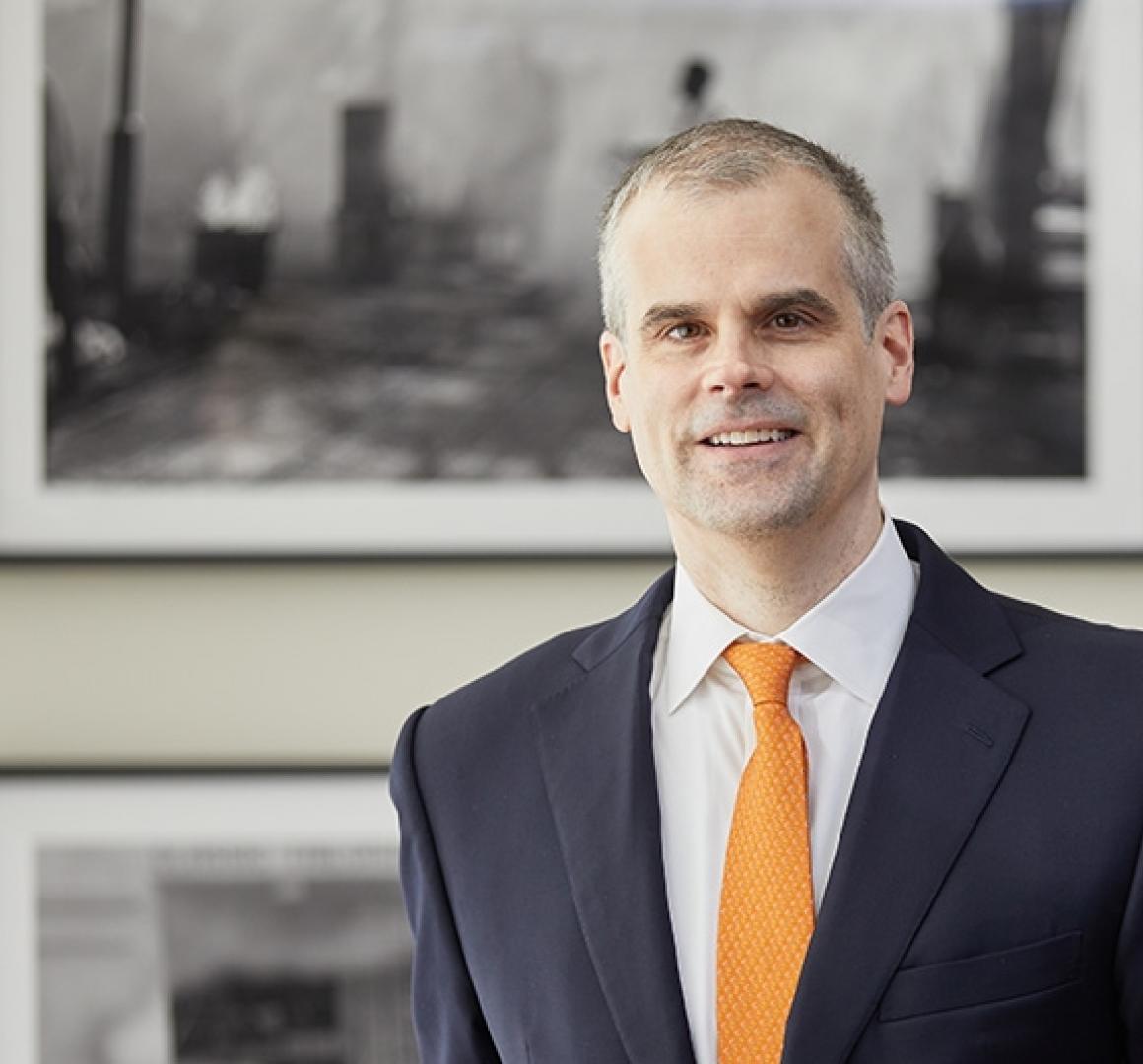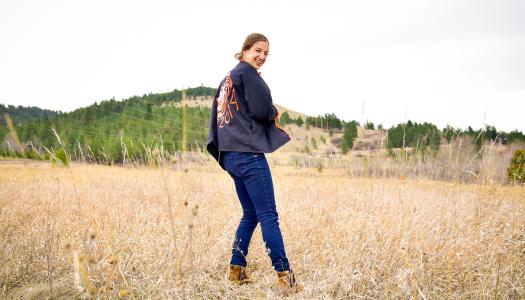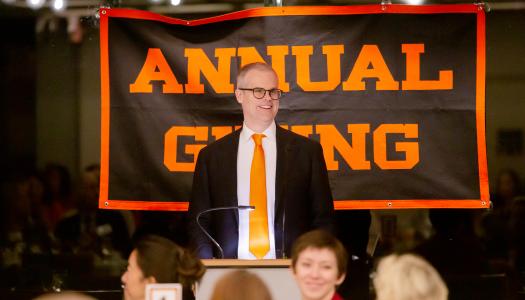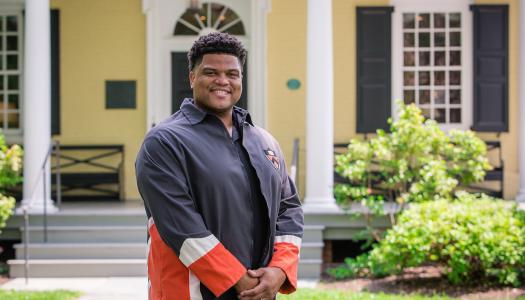Chris Olofson ’92 frames new role as chair of Alumni Giving Committee
State of the Art Leadership

For Chris Olofson ’92, a liberal arts education at Princeton University helped open the doors to opportunities he never could have imagined when he was growing up in suburban Kansas City, Missouri, where he attended the same small school from pre-school through twelfth grade and graduated alongside just 32 other classmates.
It’s the reason he wants to preserve and expand those opportunities for the next generation of Princeton students, and why, after more than a decade of alumni leadership service, he leapt at the opportunity to become the new chair of the Annual Giving Committee at a crucial moment in the University’s history.
“I said yes on the spot,” he said, describing the invitation to succeed Tim Kingston ’87 as chair of Annual Giving. “I’m honored to take the baton from Tim and continue his work alongside the more than 3,000 volunteers who show up every year to amplify the importance of alumni participation in Annual Giving. I feel so passionately about our mission to make the Princeton experience available to as many students as we can and to provide them the best footing coming out of their undergraduate experiences that we can."
Olofson considers himself a textbook case of the benefits of a liberal arts education. He points to the eclectic classes he tried “just for experimentation” as the academic challenges that proved the most satisfying and paid unexpected dividends in his career.
“My classes in the autumn of sophomore year spanned 20th century art, a course on French literature of the Ancien Régime, a class in the music department on Beethoven, and Chinese [language],” said Olofson, who graduated with a concentration in East Asian studies. “Princeton is excellent at teaching critical thinking and good writing skills that can be applied in nearly any academic or professional interest.”
Olofson wants Princeton students to feel empowered to carve their own paths after graduation. “Annual Giving helps make it possible for students to graduate without debt and to pursue their boldest dreams,” he said.
A Fulbright Scholar who studied Chinese culture in Taiwan, Olofson became an innovative executive for the international legal services provider Epiq Systems, rising to become president and chief operating officer. After 25 years, he launched his own successful legal technology service firm, which he recently sold.
“I studied Chinese intellectual history, which some might say doesn’t have very much to do with what I ended up doing professionally,” Olofson said. “But for me and for so many Princeton alumni, the ability to approach any sort of abstract issue in an orderly way was the most valuable skill I gained as a Princeton undergraduate.”
His liberal arts education also planted the seeds for what grew into one of his great passions: contemporary art. When he was studying in Asia in the 1990s as a Fulbright Scholar, he visited art galleries in Hong Kong and other cities and purchased some Chinese contemporary paintings. He developed an astute eye for contemporary photography, and his subsequent acquisitions have grown into an important collection that includes contemporary figurative and narrative work by artists working in North America, Europe, Africa and Asia.
“Above my desk now is a favorite piece — an edition of Johnny Cash’s Boyhood Home, Dyess, Arkansas from artist Alec Soth’s series, Sleeping by the Mississippi, a record of his trip down the Mississippi river and the places and people he encountered along the way.”
In 2017, pieces from his photography collection were featured at the Princeton University Art Museum in a special exhibition. Olofson, who lives in Chicago with his partner, Keith Shimko, professor of political science at Purdue University, has served on the Princeton Art Museum’s advisory council since 2011 and contributes in a similar capacity to the Art Institute of Chicago.
Coming together as a community to support one another through Annual Giving is critical as the University navigates the pandemic and systemic racism, said Olofson. “I think the opportunity to support one another — not just as Princetonians, but as citizens — is a very integral part of the values of the University and of its alumni family. This year in particular, to stand together to create a marker for better times ahead, is an important dimension that I think resonates for a lot of alumni and certainly for me.
“This year, the University will launch a rebrand for Annual Giving, ‘Forward Together,’ which has the potential to strengthen our ‘big, crazy orange-and-black family,’” Olofson added. “Forward Together emphasizes what Princeton alumni share, which is a commitment to excellence in everything that we do, and equity, fairness, access and opportunity for every student who attends.”


